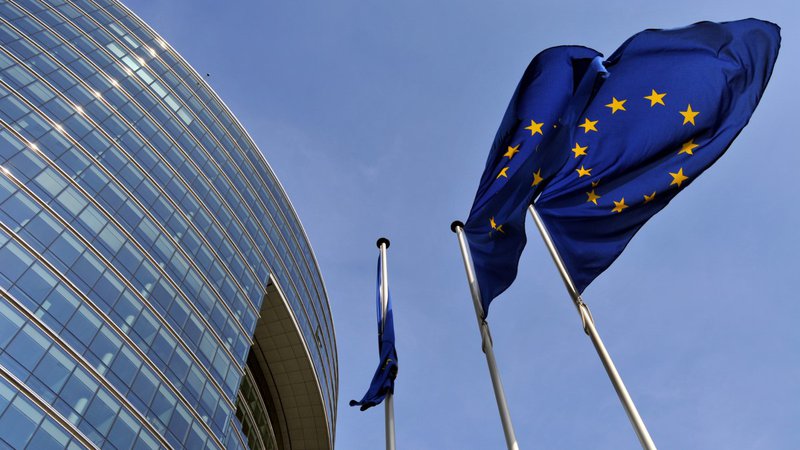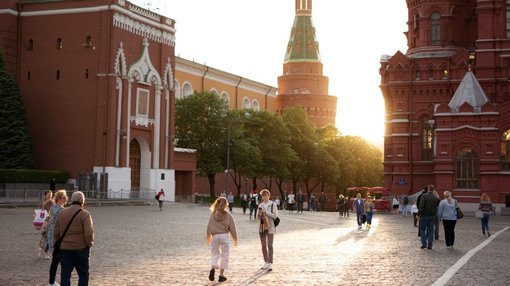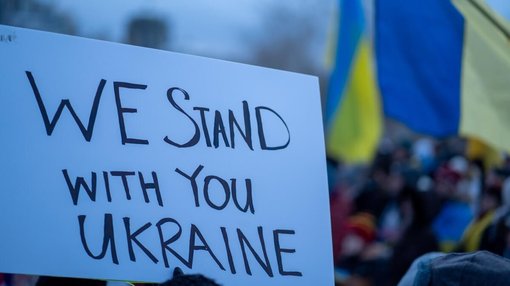EU Commission Demands Termination of Cooperation With Russian Research & Education Institutions
Russia Asia Europe by Erudera News Apr 13, 2022

The European Commission has asked its services to put an end to the cooperation with public research and educational institutions in Russia.
In this regard, the EU Commissioner Mariya Gabriel has announced new measures, Erudera.com reports.
One of the measures is about the participation of Russian public entities and individuals in the Research and Innovation Framework Programmes and Euratom.
Gabriel said that she has initially asked EU Commission services to end ongoing grant agreements and subsequent payments to Russian public bodies or related organizations, which also includes termination of participation of Russian public entities or bodies in Marie Skłodowska-Curie Actions (MSCA).
“Second, MSCA fellowships and European Research Council (ERC) principal investigator grants to Russian individuals will in principle remain possible, keeping a thorough screening against the EU sanctions list,” Gabriel stressed.
Another measure addresses the participation of Russian public entities in the Erasmus+ program. Gabriel announced that she has urged to end the participation of Russian public institutions in all current and future Erasmus+ actions.
“This also includes termination of all payments to Russian public bodies or related organizations,” she added.
As per the participation of Russian citizens, youth, and civil society organizations in the Erasmus+ program and the European Solidarity Corps, the EU Commission has decided that students, scholars, and academic staff from Russia will remain eligible to participate in short-term exchanges. At the same time, Russian students and scholars will be able to continue degree mobility.
Russian individuals, youth, and civil society organizations will still be able to participate in the Erasmus+ and the European Solidarity Corps youth actions; however, Gabriel pointed out that a thorough screening will be conducted.
The screening is expected to make sure that nobody who is included in the list of EU sanctions participates in an Erasmus+ or the European Solidarity Corps action.
Ukraine signed its agreement to join European programs, such as the Horizon Europe and Euratom Research and Training Programmes.
“We are strongly committed to ensuring a continued successful participation of Ukraine and Ukrainian entities in Horizon Europe and Euratom Research and Training programmes,” the EU Commission said
In March, the European University Association (EUA) suspended the membership of 12 universities in Russia which issued supportive statements regarding Russia’s invasion of Ukraine.
According to the EUA, which represents over 800 universities and national rectors’ conferences in 48 European countries, these institutions had opposed the European values that they committed to when they became part of the association.
Several Estonian universities, including the University of Tartu (UT), Tallinn University, and the Estonian University of Life Sciences, also said that they would not enroll Russian and Belarusian students due to safety concerns.
Recent Articles
United States
Apr 17, 2024
United States
Apr 17, 2024
United States
Apr 17, 2024
Germany
Apr 16, 2024
United Kingdom
Apr 15, 2024


